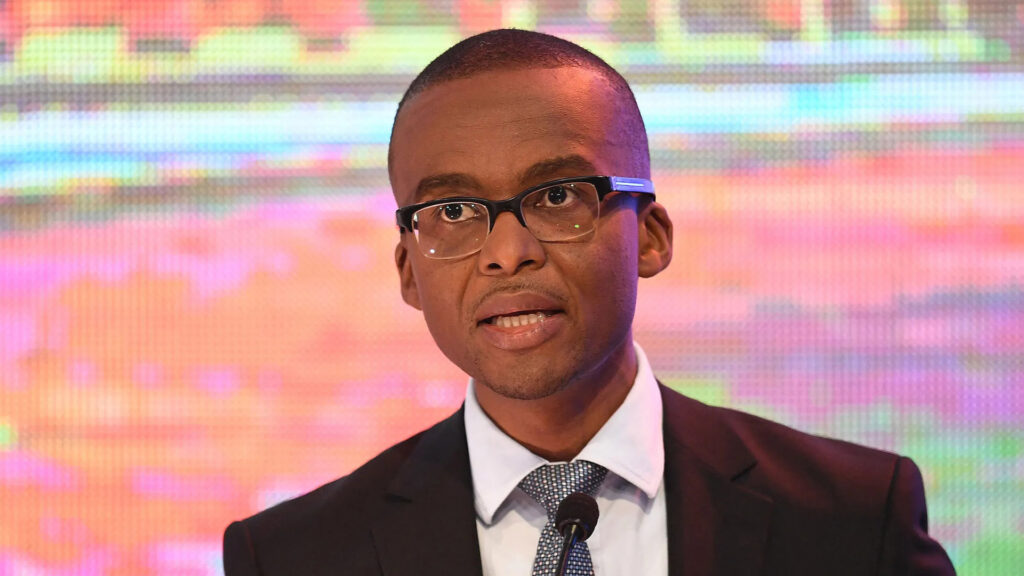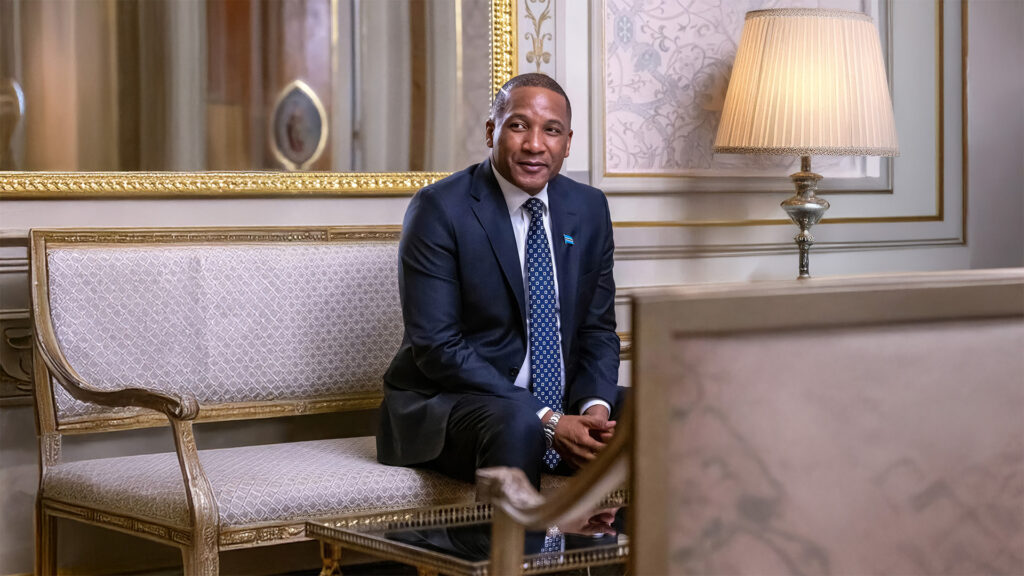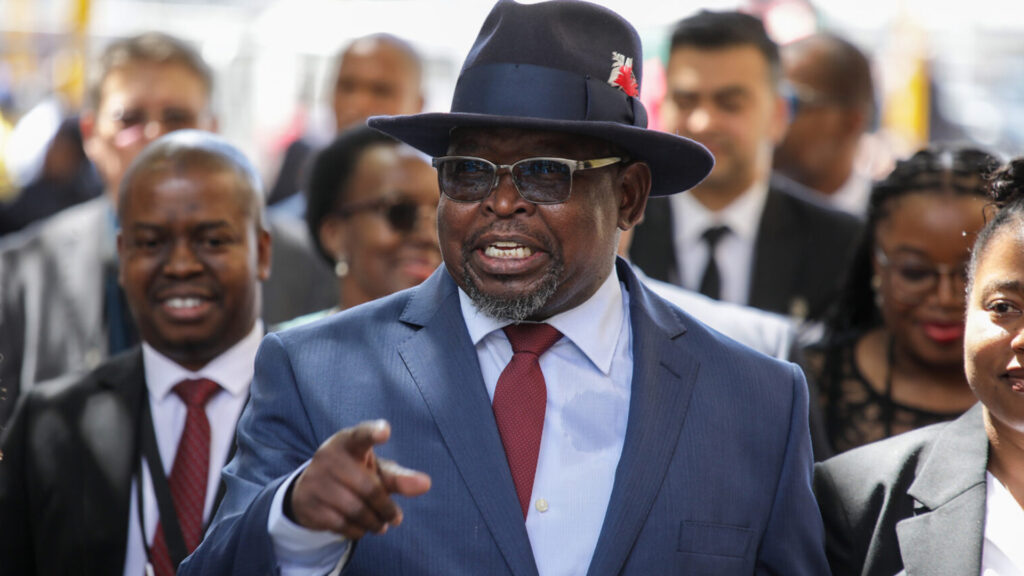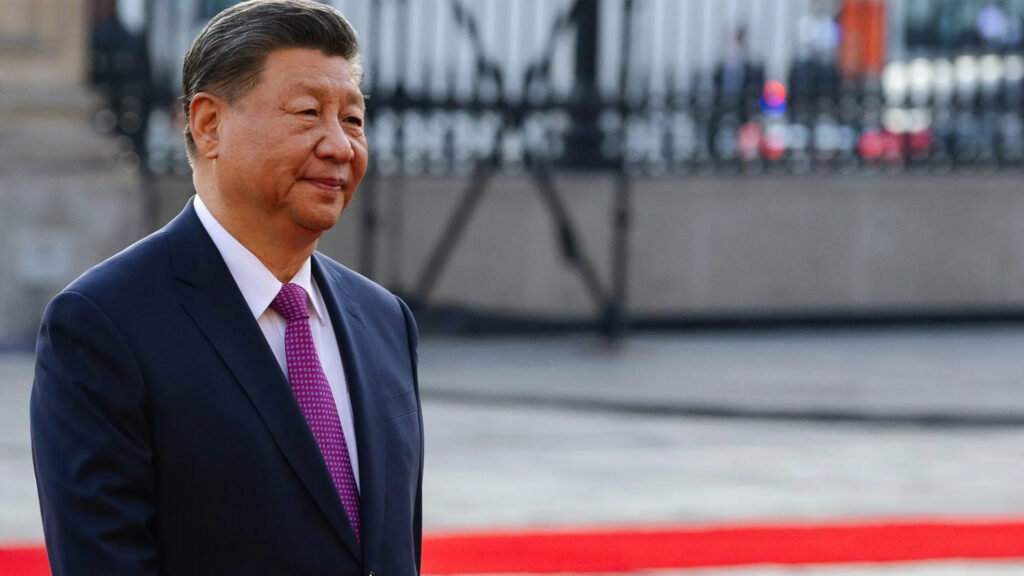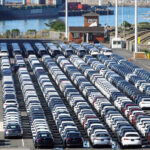GABORONE, Nov. 1, 2024 — Botswana has entered a new political era with the election of President Duma Boko, who assumed office following a historic and unexpected election triumph. The transfer of power from Mokgweetsi Masisi’s Botswana Democratic Party (BDP), which had ruled for nearly 60 years since the country’s independence, marks a significant shift in the nation’s governance.
On Monday, President Boko took the oath of office in Gaborone, Botswana’s capital, where he acknowledged the monumental nature of the transition and emphasized the need for collaboration and renewed economic strategies.
Highlights
- Duma Boko, 54, officially assumed office as Botswana’s new president following a surprise election victory.
- President Boko has nominated Ndaba Gaolathe, a renowned economist and leader of the Alliance for Progressives, as vice president.
- The appointment of Gaolathe requires ratification by the newly formed parliament, whose session date is yet to be determined.
- Botswana’s economy, heavily reliant on diamond mining, has faced challenges due to a downturn in the global diamond market.
Strategic Deputy Nomination
In a decisive move that signals the administration’s economic focus, Boko announced his choice for vice president: Ndaba Gaolathe, a respected economist and political leader.
Gaolathe, the head of the Alliance for Progressives (AP), had allied with Boko’s Umbrella for Democratic Change (UDC) last year, a strategic partnership that contributed to the UDC’s sweeping parliamentary success.
Gaolathe’s nomination will be subject to parliamentary approval during its inaugural session. The date for this critical gathering remains undetermined, but political analysts are already speculating about Gaolathe’s influence on shaping the nation’s economic policies.
The Diamond Industry’s Impact
Botswana’s economy has long been driven by its lucrative diamond industry, making the nation the world’s largest producer of rough diamonds by value. Almost all these gems are mined by Debswana, a joint venture between the government and global diamond giant De Beers, a subsidiary of Anglo American Plc.
However, a slump in global diamond demand has severely impacted the country’s revenue, sparking discontent among citizens.
The economic downturn and perceived mismanagement by Masisi’s administration played a pivotal role in the BDP’s defeat, with the party securing only four parliamentary seats compared to 38 in the previous election cycle.
Opportunities and Challenges
President Boko and his administration face a dual challenge: revitalizing the diamond-dependent economy while implementing policies that promote diversification and fiscal stability.
The nomination of Gaolathe, with his economic expertise, is widely seen as a calculated move to reassure both investors and the international community about the new government’s commitment to economic reform.
Additionally, the government’s approach to strengthening economic resilience will be under intense scrutiny. With unemployment rates high and youth disenchantment palpable, Boko’s administration must act swiftly to deliver on campaign promises.

Navigating Economic Dependency
The reliance on diamond mining has been both a boon and a vulnerability for Botswana. The country’s economic success story has been built on strategic management of diamond wealth, but recent fluctuations in global demand have underscored the risks of such dependency.
Economic diversification has been a recurring theme in national discourse, and experts suggest that the new administration must prioritize sectors like tourism, agriculture, and renewable energy to create a more balanced and sustainable economy.
Gaolathe’s background in economics could be instrumental in crafting policies that foster diversification while ensuring continued stability in the diamond sector. This will require a delicate balance between immediate economic relief and long-term strategic planning.

A Symbolic and Substantive Change
Botswana’s democratic values have been highlighted throughout this peaceful transition. The outgoing president, Mokgweetsi Masisi, set an example of statesmanship by conceding defeat promptly and facilitating a smooth handover.
His acknowledgment of the people’s will and commitment to supporting the new government further solidifies Botswana’s reputation as a beacon of democracy in Africa.
President Boko, aware of the weight of expectations, has pledged to lead with integrity and focus on inclusive economic growth. “Our democracy has proven its strength,” Boko declared, emphasizing his administration’s determination to honor the trust placed in them by the citizens.
